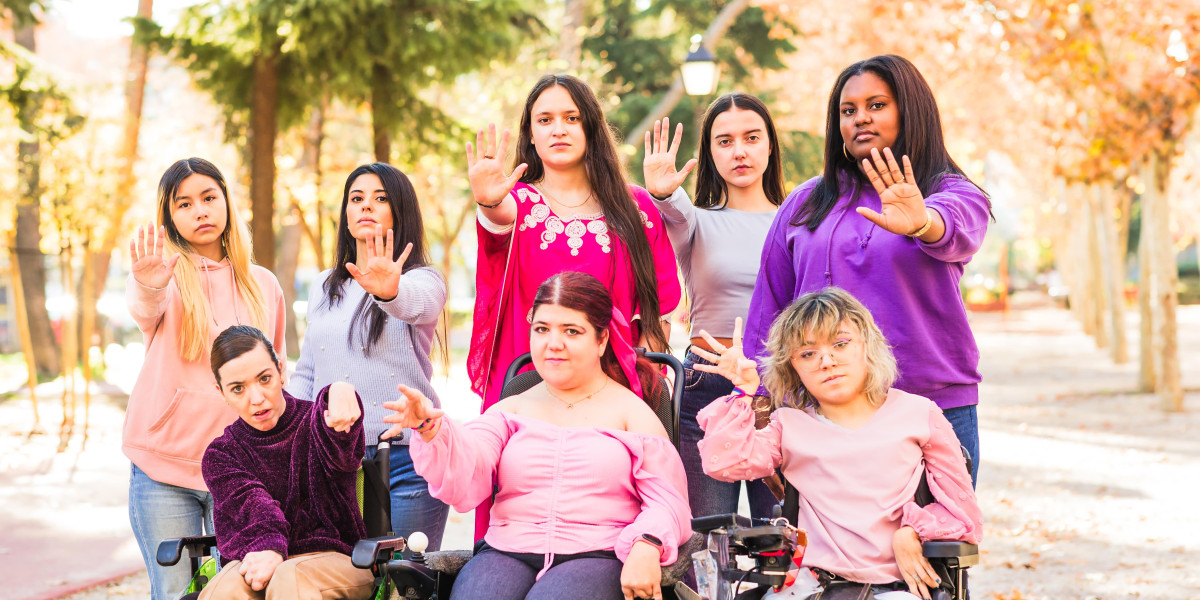The education system is changing. In 2025, technology is not just an add-on to traditional learning—it's now at the core. With the rise of AI tutors, smart classrooms, and skill-based degrees, students are learning differently, teachers are teaching differently, and institutions are rethinking what it means to be educated.
This shift isn't just about digital tools. It reflects deeper changes in what employers want, how students engage with learning, and how accessible quality education can become. In this post, we’ll explore how each of these trends is shaping the future of education and what it means for learners, educators, and institutions.
AI Tutors: Personalized Learning at Scale
Artificial intelligence is playing a growing role in how students learn. AI tutors are software systems that use data and algorithms to adapt learning to each student’s needs. They're now common in K–12, higher education, and even corporate training.
How AI Tutors Work:
They assess a student’s current knowledge level through quizzes or assignments.
Based on performance, they adjust the difficulty, pace, or type of content delivered.
Some use natural language processing to answer student questions in real time.
They offer feedback, track progress, and help students focus on weak areas.
Benefits of AI Tutors:
Personalized pacing: Students who need more time on a topic can take it, while others move ahead.
24/7 access: Students can study and get help anytime, not just during class hours.
Immediate feedback: AI provides corrections and explanations right away.
Data insights: Teachers can monitor class performance more easily and intervene earlier.
Companies like Squirrel AI, Carnegie Learning, and Khan Academy have been developing AI-based tools for years. In 2025, these tools are being integrated into schools and universities as standard components of the curriculum.
Smart Classrooms: More Than Just Screens
A smart classroom is a tech-enhanced space designed to support interactive, data-driven, and flexible learning. Unlike traditional classrooms, these use connected devices, AI systems, and cloud-based platforms to enable better teaching and learning experiences.
What’s in a Smart Classroom?
Interactive whiteboards and touch displays
Student devices like tablets or laptops synced with lesson plans
Sensors and cameras for attendance, engagement tracking, and safety
Automated systems for scheduling, grading, and managing class content
How They Improve Learning:
Teachers can adjust lessons in real time based on student feedback or performance.
Group work becomes easier with shared digital tools.
Remote students can participate in class discussions via video and collaborative platforms.
Lessons are recorded and stored for review, which supports all types of learners.
Smart classrooms also help reduce administrative work for teachers. Automated grading tools, attendance trackers, and content-sharing platforms save time and reduce errors.
Skill-Based Degrees: Focus on What You Can Do
Traditional degrees are often criticized for being too broad or disconnected from job requirements. In response, many institutions are now offering skill-based degrees—programs focused on real-world skills, projects, and outcomes rather than seat time or credit hours.
What Are Skill-Based Degrees?
These degrees are built around demonstrated competencies—like coding, writing, project management, or data analysis.
Assessment is based on practical assignments, not just exams.
Programs are often shorter and more flexible, making them ideal for working adults or career changers.
Why They’re Gaining Popularity:
Employers care more about skills than transcripts. Hiring is shifting toward portfolios, certifications, and project results.
Faster paths to employment. Students don’t need four years to prove they can do a job.
Lower costs. Many programs are delivered online and don’t require full-time enrollment.
Upskilling and reskilling. Lifelong learners can quickly gain new skills without starting over.
Platforms like Coursera, edX, and Google Career Certificates are leading this space. Some universities are now offering hybrid degrees that combine academic theory with industry-aligned projects.
In parallel with changes in education, we also see shifts in youth culture and lifestyle. As more students study from home or in hybrid environments, consumer habits have adapted. There’s been noticeable growth in the demand for vape devices and similar lifestyle products among young adults.
What This Revolution Means for the Future
The changes in 2025 aren’t temporary. They point to a long-term transformation in how education is delivered, evaluated, and experienced.
For Students
More control over learning: Choose when, where, and how to study.
Stronger job alignment: Learn skills that directly support employment goals.
Greater accessibility: Online, self-paced, and AI-assisted options support students with different needs and schedules.
For Teachers
Support through data: AI can flag struggling students or suggest material improvements.
More engaging classes: Smart tech enables interactive and diverse lesson formats.
Less administrative work: Automation allows teachers to focus on teaching, not paperwork.
For Institutions
Increased competition: Students can compare options more easily and expect more flexibility.
New business models: Subscription-based degrees, microcredentials, and corporate partnerships are on the rise.
Expanded reach: Universities can enroll students globally without increasing physical campus size.
For Employers
Better-prepared candidates: Skill-based education produces graduates ready for specific roles.
Faster hiring processes: Portfolios and project-based assessments reduce guesswork in recruiting.
Customized training: Companies can partner with schools to co-design training paths.
One paragraph later, discussions around technology in education also include concerns about student health and focus. Products like disposable vape items raise questions about how students manage stress and wellness during high-pressure academic years. Schools and parents are increasingly paying attention to these trends alongside educational progress.
Final Thoughts
Education in 2025 is not just about learning facts—it’s about learning how to learn, apply, and adapt. With AI tutors offering personalized support, smart classrooms enabling interactive experiences, and skill-based degrees aligning education with work, the system is becoming more flexible and practical.
While these technologies don’t solve every challenge, they make learning more accessible and relevant. Whether you’re a student, educator, parent, or employer, staying informed about these changes helps you make better choices in a fast-changing world.
The education revolution isn’t coming—it’s already here.







